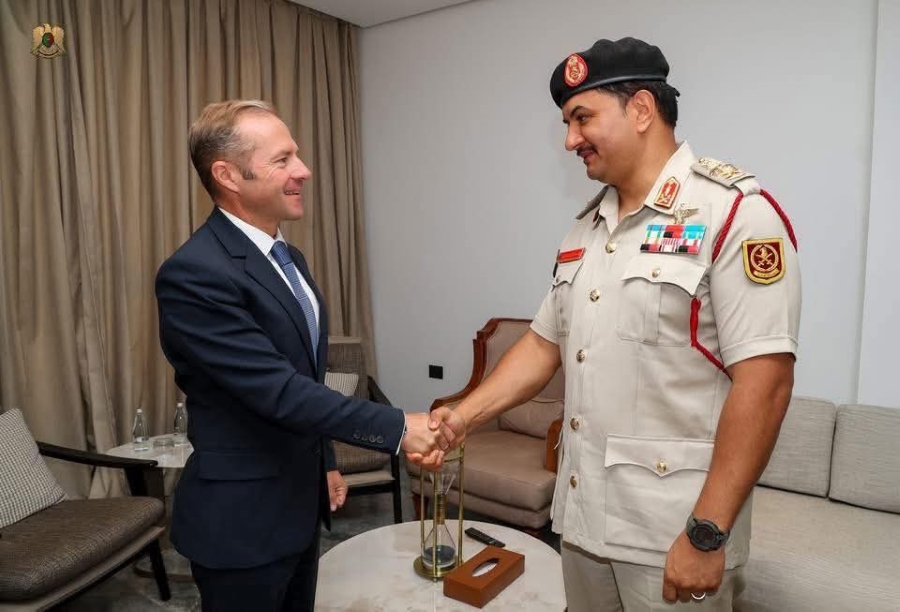Three army personnel have been killed under mysterious circumstances in Libya.
The deceased trio are said to have been members of the 136th Battalion in the area.
The soldiers were also part of the armed faction affiliated with the Ministry of Defense of Western region government, under Prime Minister Abdulhamid Dbeibah.
The three army officials were killed in the Al-Karimiyah area of Tripoli under what is being described to be some rather mysterious circumstances.
Local reports suggest that a hand grenade may have accidentally detonated inside the vehicle they were riding in.
However, the bomb explosion in the car is something which has not been officially confirmed.
The Ministry of Defense in Libya has yet to issue any statement regarding the incident, therefore leaving the cause of their deaths uncertain.
Meanwhile the Benghazi Region has hosted the Annual African Security Conference.
Benghazi welcomed the annual conference of the Committee of Intelligence and Security Services of Africa (CISSA), which was attended by a number of senior officials representing intelligence and security agencies from a total of 53 African countries.
The high-level gathering focused on the theme of “Preventing Conflicts and Violent Wars in Africa: Challenges, Opportunities, and Ways Forward.”
The Delegates were especially engaged in wide-ranging discussions on strengthening cooperation, intelligence-sharing, and strategies to address security threats across the continent.
The event underlined Benghazi’s emerging role as a hub for regional dialogue and coordination on peace and stability in Africa.

Still in Benghazi, after recent meetings with top Egyptian, Turkish, and African diplomats, Field Marshal Khalifa Haftar received the French Presidential Envoy Paul Soler in Rajma.
Envoy Paul Soler conveyed President Macron’s greetings and reaffirmed France’s ties with Libya.
The discussions centered on political developments and a unified vision for elections under one government.
The series of high-level meetings underscores Haftar’s active foreign policy and his dominant grip over Libya’s military landscape.

